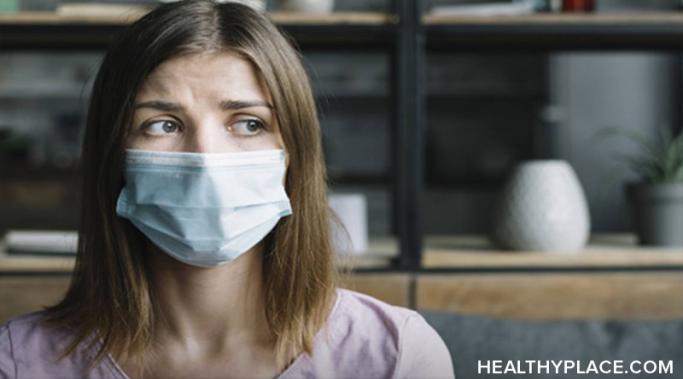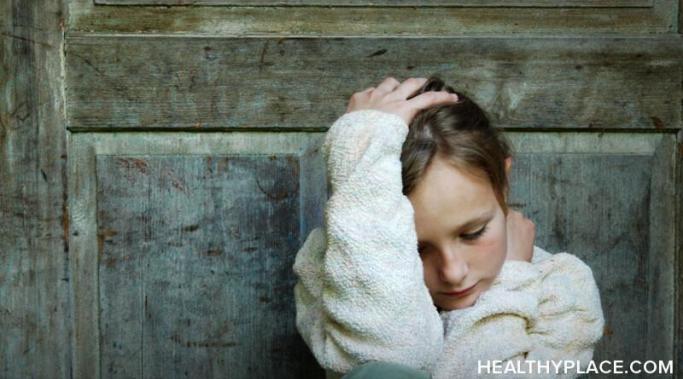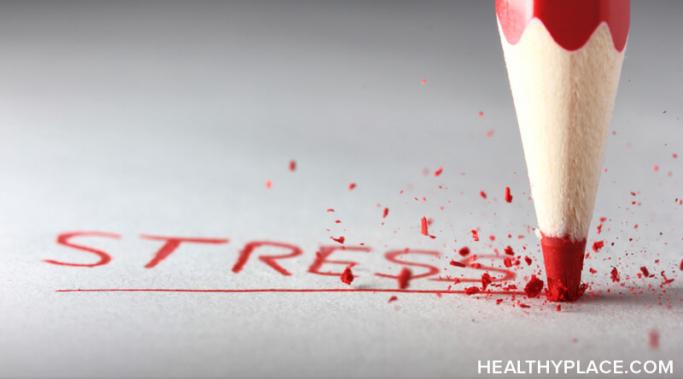Blogs
If it wasn't for my weekly virtual therapy session, my avoidant attachment behaviors would have caused far more mayhem in my quarantine life. What is avoidant attachment? It isn't a mental disorder or illness. Rather, it's a style of attachment.
Learned helplessness is a phenomenon that occurs when someone repeatedly faces negative experiences that they can't control, and eventually, they stop believing they have any agency at all. It's something that sabotages my life over and over.
Journaling for my anxiety is one technique that I have used in my life to help me cope with stress and anxious thoughts, and lately, it has become even more helpful.
During a time where the world is pushing for positivity and forward-moving action, it can be especially difficult when you're not able to do that. The fact of the matter is that it's okay to struggle with your mental health during difficult times and it's nothing to be ashamed of. Despite all the messages asserting that struggling isn't an acceptable response, it is.
I don't know about you, but I have begun to notice anxious expectations taking up a larger part of my brain space in the last week or so. A strange tension has been building that pits the current emotional struggles of COVID-19 against the seeming abundance of available time. Shouldn't I be getting even more done because there's less I can go do? But shouldn't I also be okay with less from myself because of the emotional demands of social distancing? These are just two examples of competing anxious expectations you may be experiencing during this time.
It's understandable to assume that people who self-harm do so because they want to end their own lives. This is understandable but wrong. While suicide attempts do often involve an act of potentially-lethal self-injury, those of us who struggle with nonsuicidal self-injury (NSSI) are not looking to die. If anything, what we are really trying to do is survive.
Celebrating your birthday in eating disorder recovery can be challenging. So many celebrations in life are riddled with expectations, and for those of us in any sort of recovery, the weight of these expectations can feel crippling.
I am turning 41 years old this April. Getting older is hard for everyone, but it’s especially hard when you have a chronic illness such as schizoaffective disorder. Here’s why.
Maintaining control in the crisis of COVID-19 feels nearly impossible for most, especially recovering addicts. How can recovering addicts regain control and composure, even in the small things, as we face this crisis one day at a time?
Wanting to hide from anxiety is a normal reaction. It's hard-wired into us as the fleeing part of the fight-or-flight response. It's a self-protective response that kicks in in the face of anxiety-provoking triggers. The problem is that its use is limited. While it might protect us from danger or even discomfort in a particular situation, if hiding from anxiety is our main way of dealing with it, we severely limit our lives. It's hard to override this impulse, though, especially if you've been doing it for a long time. To help you emerge from hiding and embrace your life, here are four ways to stop hiding from anxiety.









